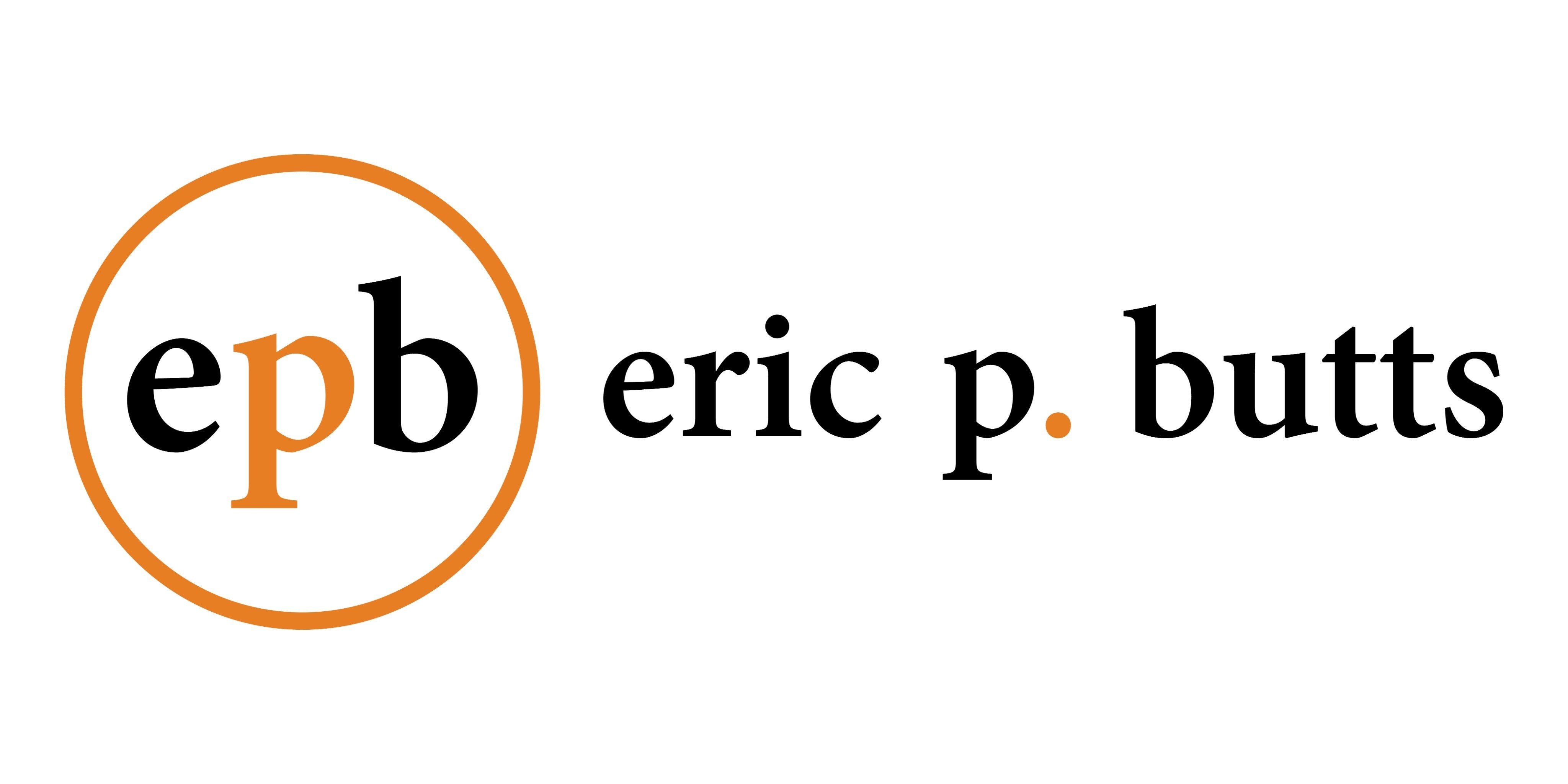5 reasons you should be proud to ask dumb questions at work
I was in this restaurant, home of some of the best pulled pork I’ve had in some time, and a noticed a sign on the wall that resonated with me.
It said “asking dumb questions is easier than correcting dumb mistakes”.
How many times have you been in a training or workshop or speech and had a question you wanted to ask but you held back because you didn’t want to be the person asking the stupid question?
Instead, you hold your tongue and try to quiet your curiosity until the urge to clarify your understanding passes. You can do better than that.
I want to make a case for why you should ask all your questions. Whether you ask in the discussion or write them down to ask someone you trust later, there are a number of reasons you should unapologetically ask questions until you’ve exhausted them all.
Here are five of them.
1. Knowledge is power
The first reason is a selfish one – asking your questions makes sure you understand a topic so you can either use it or speak intelligently about it later. Odds are if it’s relevant for this company or client, you’ll have a chance to use it again down the road.
2. You demonstrate you’re listening
We live in a world of infinite distractions. Buzzing phones, watches, fitbits, and computer notifications only take a split second to lure you away from the task at hand.
When you listen to someone you make them feel important. And you know what everyone loves? To feel like they’re important. Pretty straightforward stuff, right?
3. Your work quality improves
One of the things I love about writing is the range of words at your disposal with all sorts of connotations and colloquial usage to paint exactly the image I want for the reader. The funny thing when you’re talking with people is they don’t have time to edit for filter before they speak. What that means is sometimes the words that come out don’t exactly match what was intended.
Paraphrasing to make sure you heard the words right AND understood their intent might make you feel like a high-priced parrot, but it will save you so much time in the long-run. The more you can understand the thoughts behind the words, the better your ability to determine the right messaging to most effectively make your point.
4. You avoid a major disaster
Have you ever sent an email to someone that generated some sort of backlash that was completely unexpected (by you)? Asking your boss or someone else on the team if what you’re about to send makes sense can save you a lot of headaches later. On more than one occasion, I’ve gotten advice to each change what I’m sending or to be prepared to address some potential question I hadn’t thought of yet.
5. Your reputation improves
One thing I’ve learned is that I’d rather work with a person who is coachable than a disengaged talented person or a talented person with a negative attitude. Participating in conversation signals you’re a team player and your perceived value will rise.
I won’t go so far as to say it’s science, but it’s feeling pretty close right about now.
Don’t get carried away though
None of the above is to say you shouldn’t have some discretion and attempt to answer questions on your own before bringing to your boss first. I don’t believe that are stupid questions, BUT I definitely think questions may be ill-timed or misdirected. I’ve found that information sticks with me longer when I figure it out, look it up, write it down myself. Even if you do have to ask for help, it doesn’t always have to be your boss. The key is to make sure you ask someone before making a move based on uncertainty you could easily avoid.
